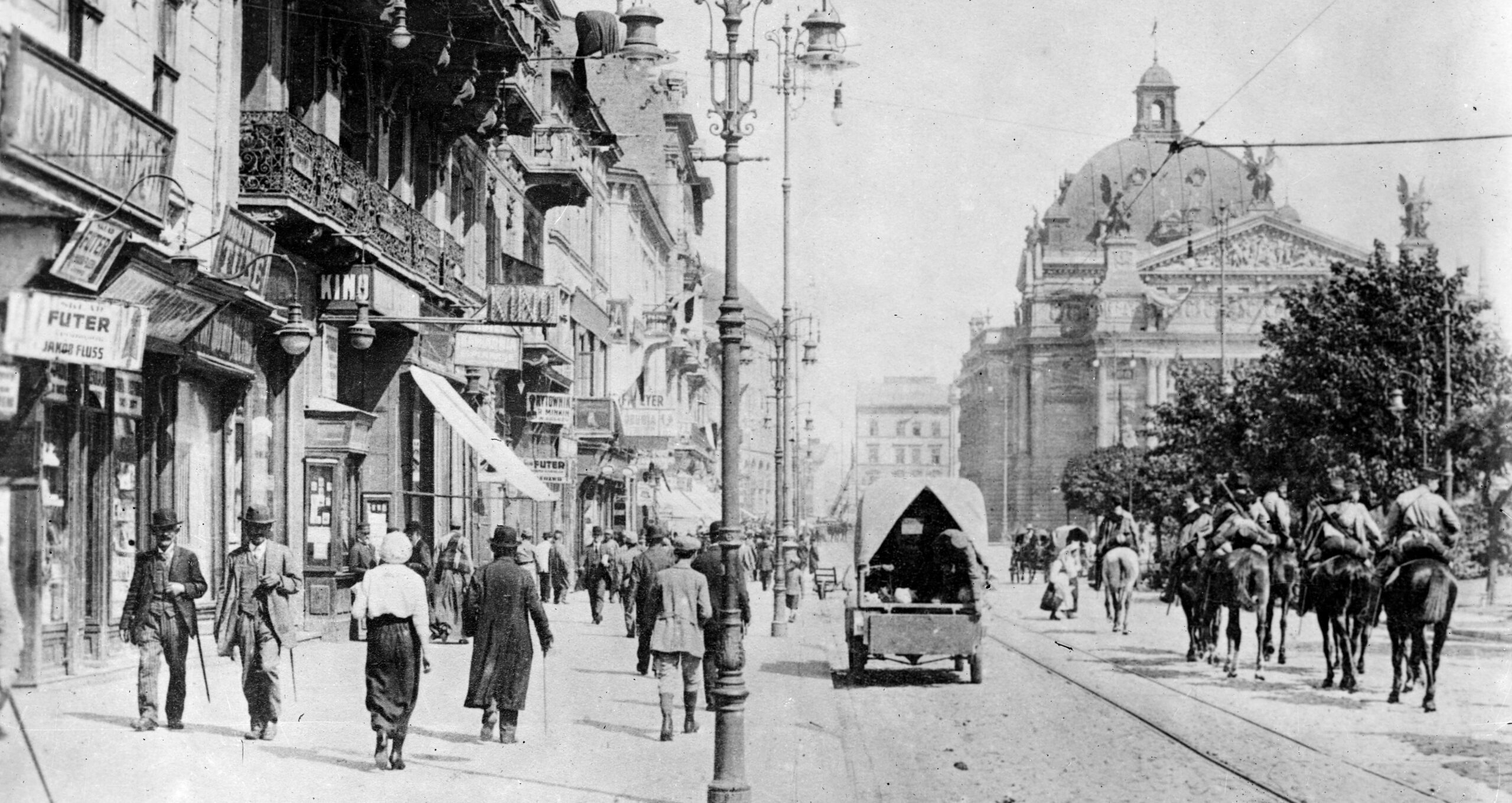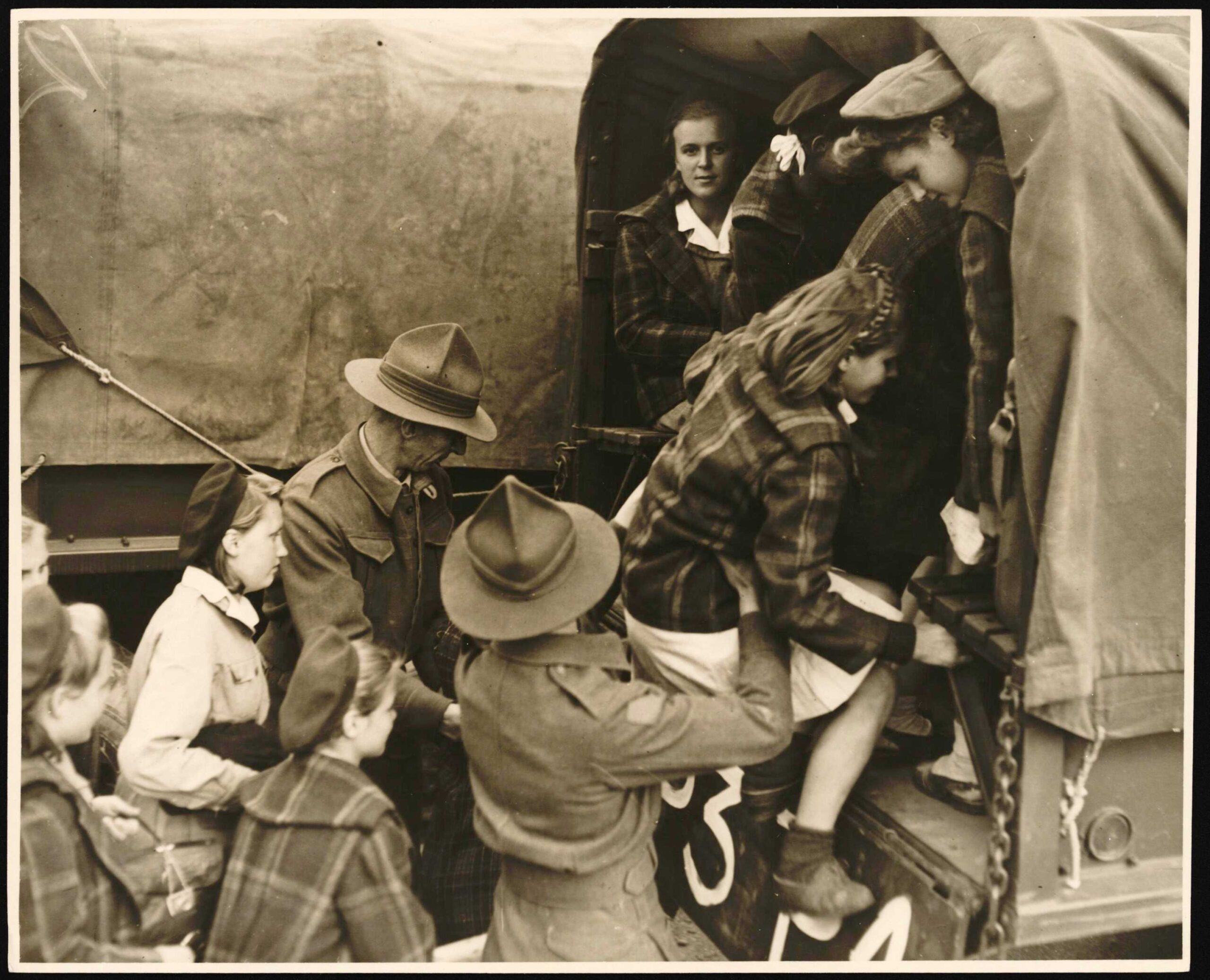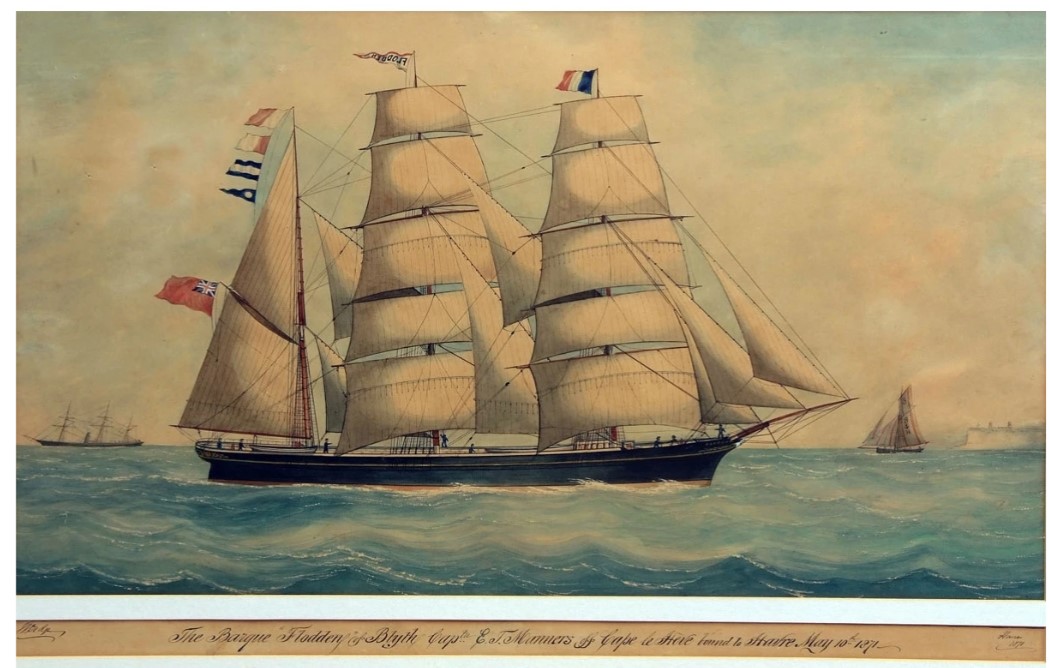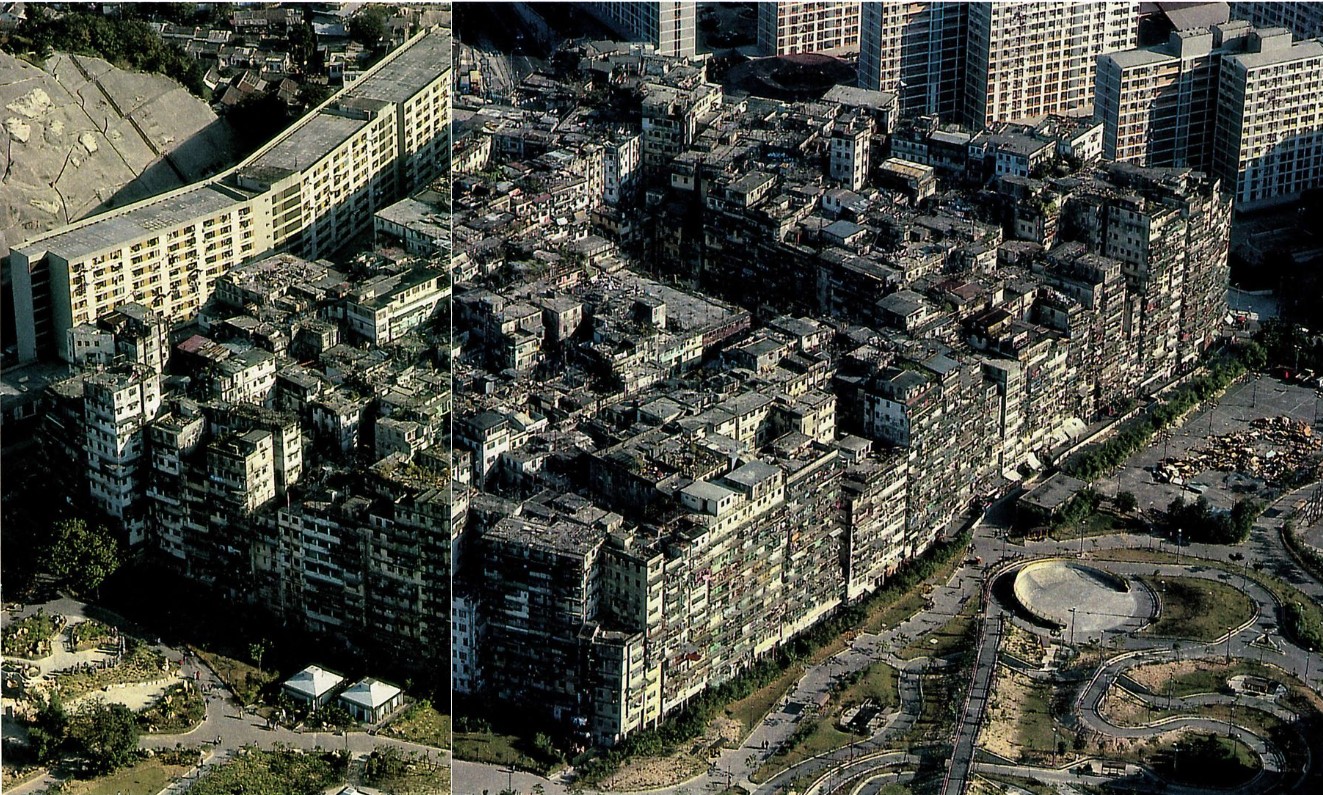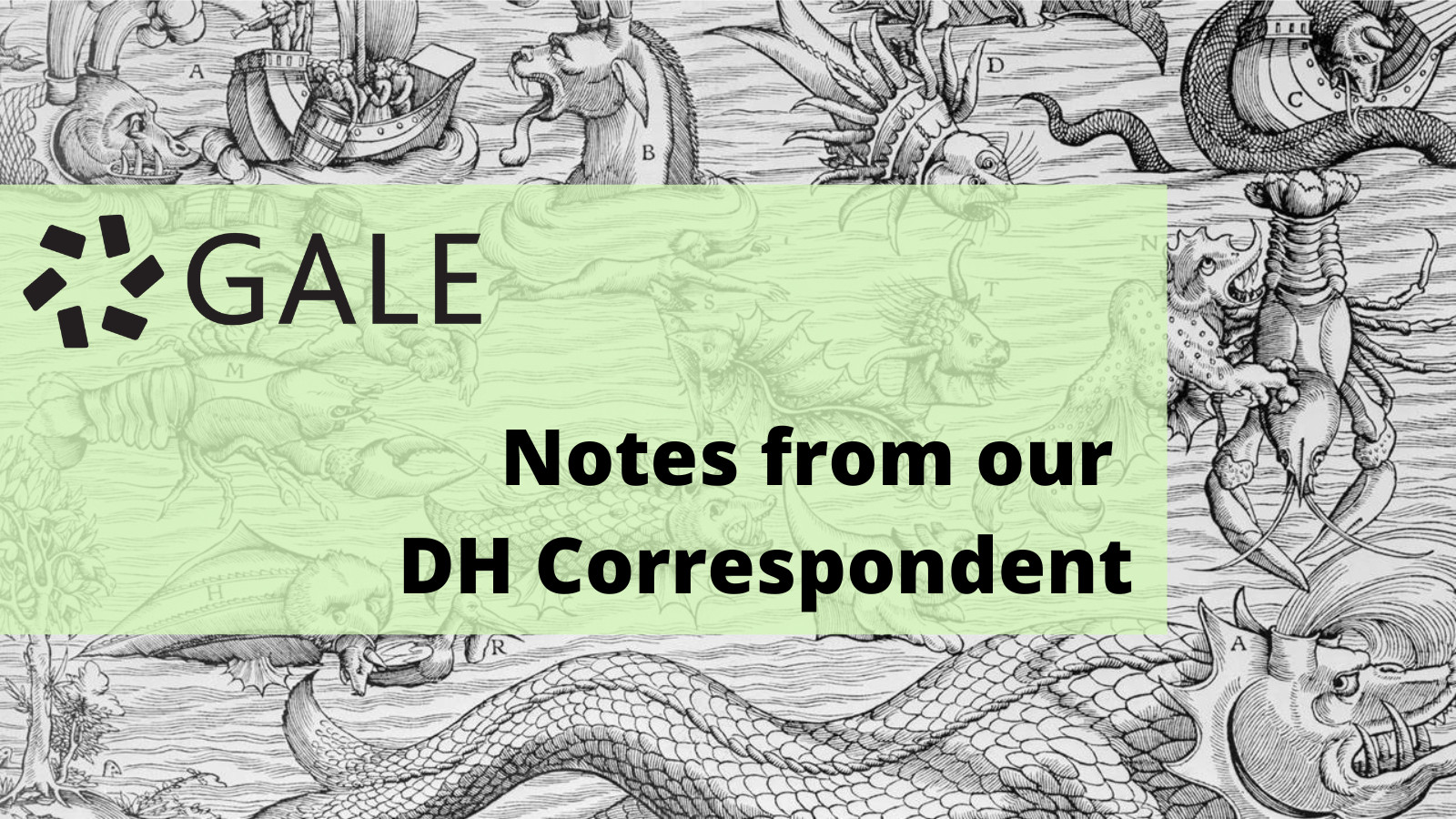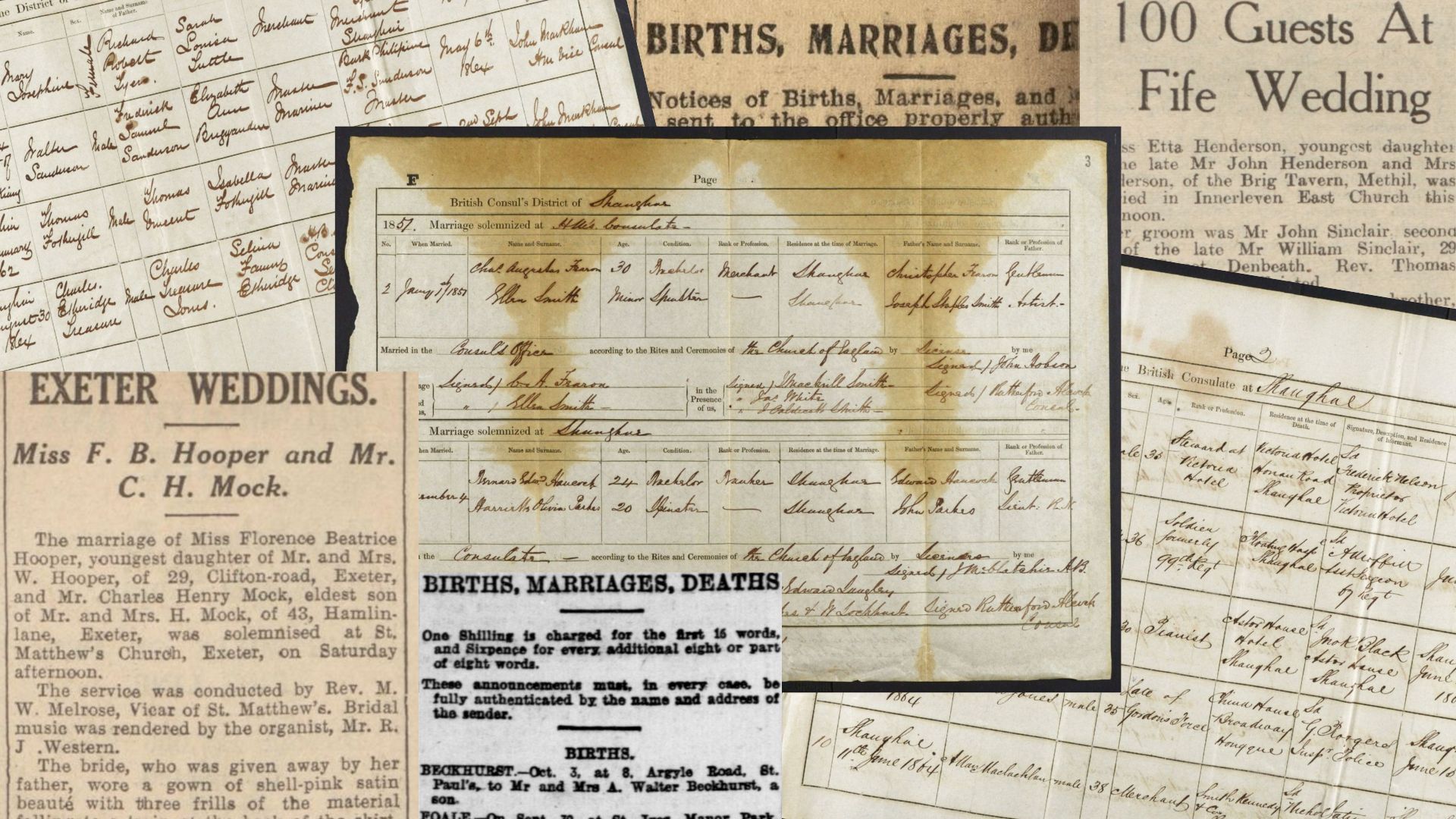│By Philip Virta, Senior Acquisitions Editor│
The Archives Unbound program provides multiple perspectives on global history. Through our institutional partners and archival collections, we preserve, protect, and provide access to government documents, personal papers, organisational records, and heritage collections. In a historic period that has seen conflicts threatening lives, freedom, and cultural heritage, Gale Primary Sources is proud to do its own small part in preserving the past for the benefit of future generations.

